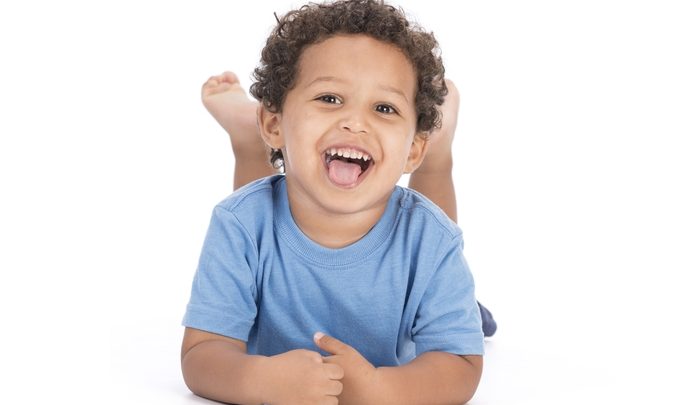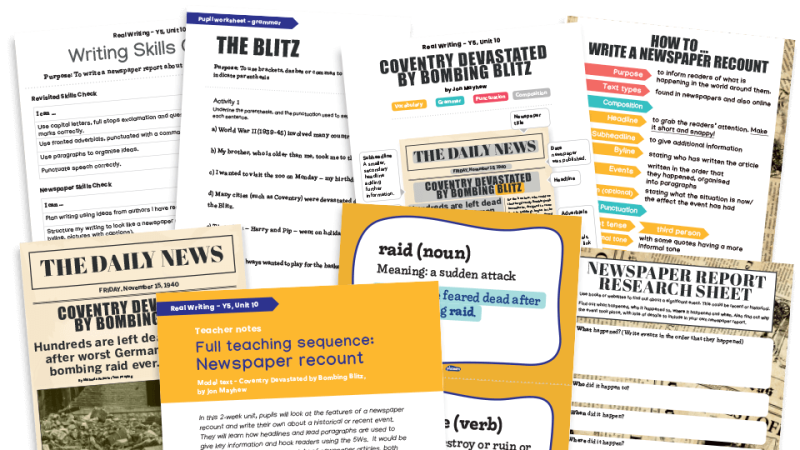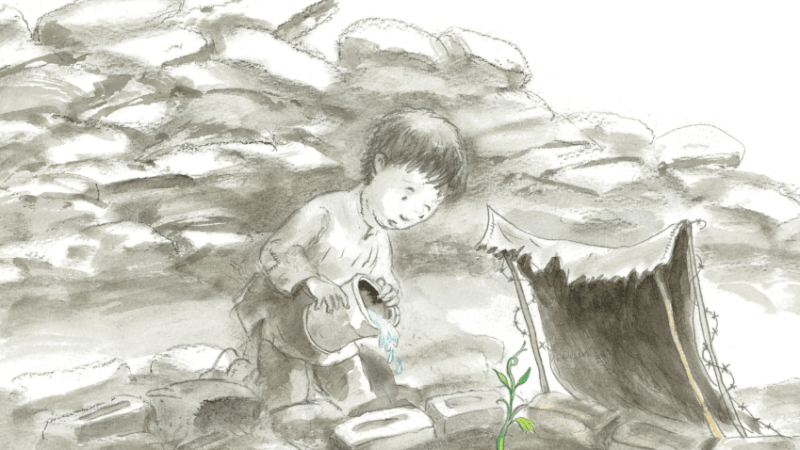“The EYFS is often wrongly blamed for faults which lie elsewhere”

Richard House asks Nancy Stewart why she feels the statutory framework warrants its place at the heart of early education and childcare in England…

For a different perspective, read Richard House’s interview with Maggie Bolger here
Richard House [RH]: Nancy, as something of an ‘EYFS-sceptic’, I’m interested in understanding what its supporters value about it, and see as an improvement on what went before (the Curriculum Guidance for the Foundation Stage). Could you begin by saying what you see as the EYFS’s main virtues?
Nancy Stewart [NS]: In 2008 the EYFS made it clear that from birth, children are powerful learners who depend on warm, responsive relationships with consistent caregivers, and on rich experiences in the world, in order to flourish.
The EYFS themes reflect this – ‘Unique Child’, ‘Positive Relationships’, and ‘Enabling Environments’ – with Learning and Development resulting from this interaction. The EYFS developed this holistic view by bringing together four separate frameworks. It merged the guidance for 3 to 5s with that for under-3s (Birth to Three Matters) into one coherent phase. It also combined standards for education and care, making it clear that they’re inseparable. Children need to be cared for all the time, and they’re learning all the time.
RH: Very clear, Nancy – thanks. On the distinction between a statutory and voluntary framework, do you see a statutory framework as conferring advantages – and if so, how?
Might there be deleterious consequences stemming from an imposed statutory framework? And could all the benefits you mention have been achieved within a voluntary framework?
NS: We know that children’s early years experiences have a lifelong impact and that some approaches are more supportive of children than others. With a voluntary framework there would undoubtedly be some fantastic practice, but all children are entitled to the best we can do and it shouldn’t be an accident of which setting they attend.
The EYFS includes important basics. It requires all areas to be implemented through play with child-initiated and adult-led opportunities; prioritises the foundations of personal/social/emotional, communication and language, and physical development; and children playing and exploring, actively learning, and thinking creatively and critically.
Early years settings receive public money to do a good job for children. It can be useful to quote the EYFS both to settings that see their job as little more than keeping children safe, and to very formal settings that push children inappropriately.
The EYFS is often wrongly blamed for faults which lie elsewhere – for instance, complaints that paperwork is taking over. The EYFS says to observe children, think about them, and respond to them, but not to write it down. The burden of keeping evidence comes from misinterpretation by others, while the EYFS explicitly says paperwork should be kept to the absolute minimum of what’s useful for supporting children. Is the EYFS too prescriptive about what children should learn? Most people would not disagree with the areas of learning and development, but in my view there is a problem with the level of literacy and maths Early Learning Goals being set inappropriately high, which can cause downward pressure.
Sadly, politicians don’t always take the advice of early years experts – but practitioners can feel confident in following children’s interests and playfully supporting them at the right level for each child. In Development Matters the age-stage bands are clearly presented as some examples of typical development, not as defining expectations for any particular child.
RH: Finally, Nancy – I don’t understand why a framework can’t be voluntary, with settings expected to justify their particular, unique approach to a flexible, enabling inspectorate. Or is the statutory aspect really about getting children ready for formal schooling at four?
NS: Without a framework which protects settings and children’s entitlements, I wouldn’t rely on inspectors to avoid imposing their own opinions on settings. ‘Ready for school’ is an unfortunate term from the current government – we need to look at ‘ready for life’ as well as rich childhoods.
Richard House is a trained Steiner Kindergarten teacher and co-founder of Early Childhood Action
Nancy Stewart is an educational consultant and writer, who has been an early years teacher and adviser.
As well as previously working with the Tickell review on designing the revised EYFS in 2012, she was co-author of the guidance document Development Matters in the EYFS [PDF].












